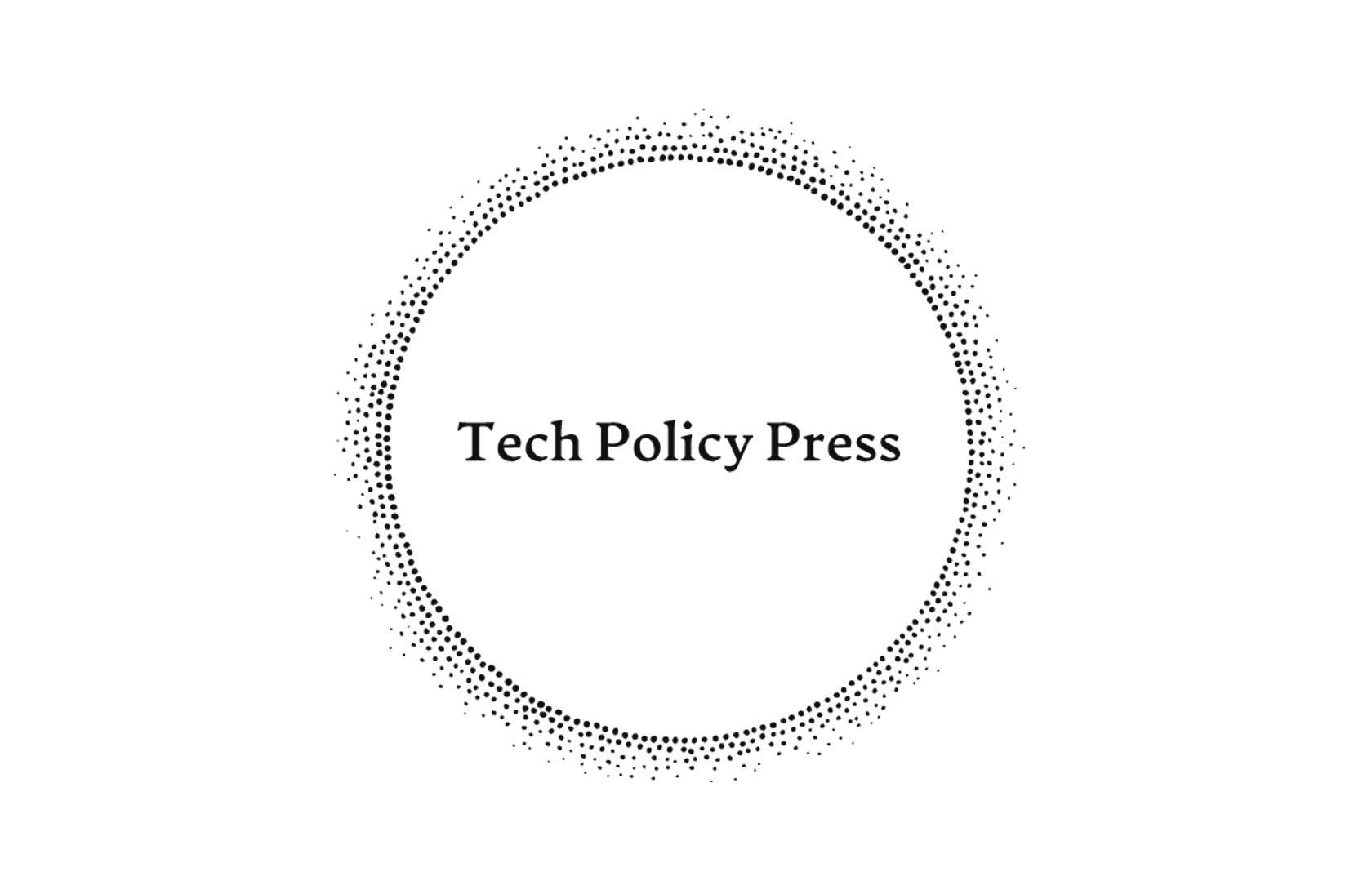With the election season underway in dozens of democracies around the world, experts remain concerned about whether social media platforms have sufficient election integrity policies and resources in place to address challenges such as disinformation, election delegitimization, synthetic and manipulated media, threats of violence against election officials, and more. In the US, civil society organizations continue to raise alarms in the runup to the November elections, but the major platforms appear satisfied they are doing enough. Meanwhile, in the European Union, which holds parliamentary elections later this week, regulators are deploying new powers under the Digital Services Act (DSA) to launch investigations into platforms and to establish standards for election integrity...
For instance, the aspects of the Commission’s proceedings against Meta that regard the deprecation of CrowdTangle may be one particular reason for optimism, says Rebekah Tromble, an associate professor in the School of Media and Public Affairs at The George Washington University and Director of the Institute for Data, Democracy, and Politics (IDDP). “It will be extremely difficult for Meta to credibly claim that it could and should restart CrowdTangle in Europe but leave the rest of the world in the lurch—especially in a year with so many important elections worldwide,” said Tromble. “They’d certainly hear from a lot of unhappy policy makers if they attempted that.”
You can read the full article in Tech Policy Press


